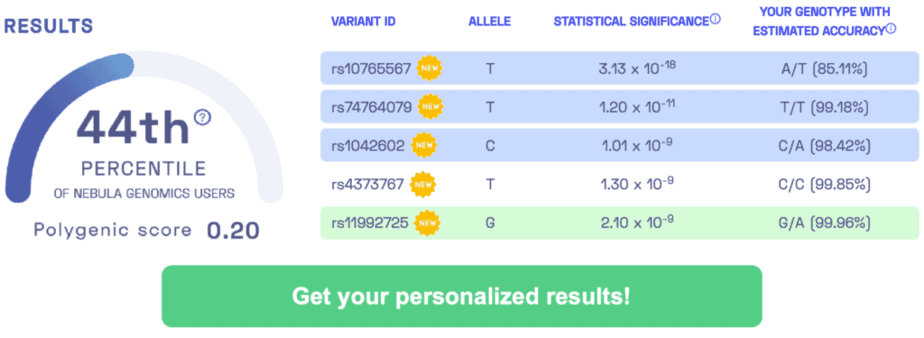SUMMARY: Identification of 2 genetic variants associated with an increased risk of severe acute respiratory syndrome (SARS) coronavirus infection.
OVERVIEW: Severe acute respiratory syndrome (SARS) coronavirus emerged in 2003 in China. During that year, more than 8000 infections across 26 countries were reported. SARS symptoms are flu-like and include fever and a dry cough. Severe cases are common and result in a ~ 10% mortality rate. This study examined the genetic data of nearly 1000 individuals of Chinese ancestry who were diagnosed with SARS. The study identified 2 variants that are associated with susceptibility to infection with the SARS coronavirus. One variant is in the CCL2 gene, which plays a role in attracting macrophages to an infection site. The other variant is in the MBL gene, which helps the immune system recognize molecular patterns that are commonly found on the surface of many viruses and bacteria. (Note: This study is not a genome-wide association study. Only a few variants were genotyped selectively.)
DID YOU KNOW? The SARS coronavirus emerged as a result of an animal-to-human transmission. The original host is believed to have been a bat or a civet, a cat-like animal found in tropical Asia. [SOURCE]
SAMPLE RESULTS: Learn more about the Nebula Research Library.

SARS CORONAVIRUS INFECTION RISK-ASSOCIATED VARIANTS: rs1024611, rs1800450
ADDITIONAL RESOURCES:
Severe acute respiratory syndrome (SARS)
SARS coronavirus (Video)
WEEKLY UPDATE: March 23, 2020
For updates on the genetics of COVID-19 visit: https://nebula.org/blog/category/science/
You can learn more about at-home coronavirus tests in our review!
